How to Peak Your Soccer Performance and Minimize The Risk of Injury
Youth Soccer News: While many people find a sleeping kitty cute – especially one with a soccer ball — most of us fail to recognize the importance of sleep. Sleep is particularly important for elite soccer players of all ages who need to compete and want to perform at peak levels.
“There is no better recovery than sleep.” LEBRON JAMES
Today’s most youth soccer players are tired. What happens if a soccer player doesn’t get enough sleep? How important is sleep anyway?
Here is John Gallucci, Jr. on what happens if a soccer player doesn’t get enough sleep and answering that question … How important is sleep anyway?
John Gallucci Jr. — the Medical Coordinator for more than 600 pro soccer players at the MLS, and the former Head Trainer of the New York Red Bulls on why sleep actually matters if you play soccer … after all, you do need to be alert and in top form if you want to avoid injuries and play at your peak level of performance.
Gallucci Jr. is the former Head Trainer of the New York Red Bulls MLS team and a Sports Medicine consultant for professional athletes in the NHL, NFL, NBA, MLB, and USA Wrestling. Gallucci, Jr. is also President of JAG Physical Therapy & JAG Pediatric Therapy.
SoccerToday Reader Question: How important is sleep for an athlete?
Although sleep is most times overlooked when planning out a training regimen, it should be considered as equally important as nutrition and physical conditioning.
Youth soccer players need to get enough sleep.
Slowed reaction times lead not only to missed pass or goal opportunities but can result in injuries as well.
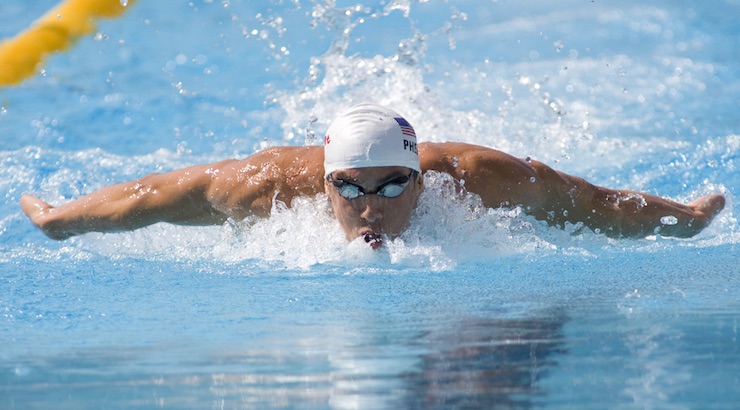
I always tell athletes, no matter what level they are performing at that they need to listen to their own individual bodies.
It is great to read over how Michael Phelps prepares for his days in the pool or how Hope Solo used to prepare for the stress-filled 90 minutes defending the goal but their preparation and recovery tactics may not work for everyone.
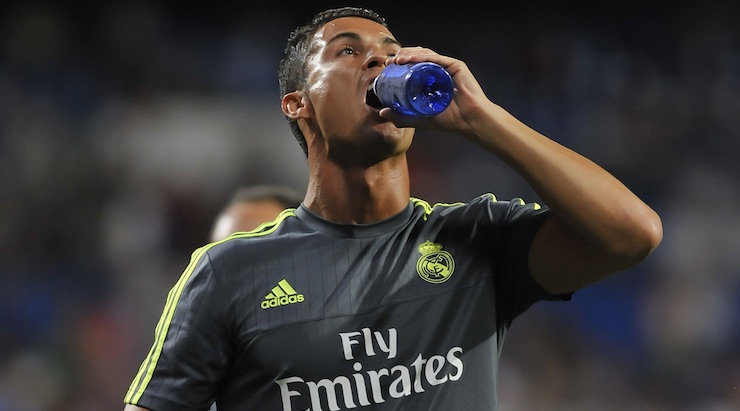
Note: Importance of Hydration for Soccer Players:
When preparing for a physically demanding game or practice, it is important to ensure that you are hydrated before, during and after, are well fed and have given your body the proper nutrition to supply the body with energy throughout the game and are well rested not only the night before and after the event but for a few weeks prior and after.
Sleep is a requisite if you want to be great on the field:
Sleep experts have been studying the effects of sleep deprivation for many years and have determined that the lack of sleep affects the athlete greatly in the following ways:
- Slowed Reaction Times.
A slowed reaction time of even one second due to mental fatigue from sleep deprivation can make all the difference on a soccer field.
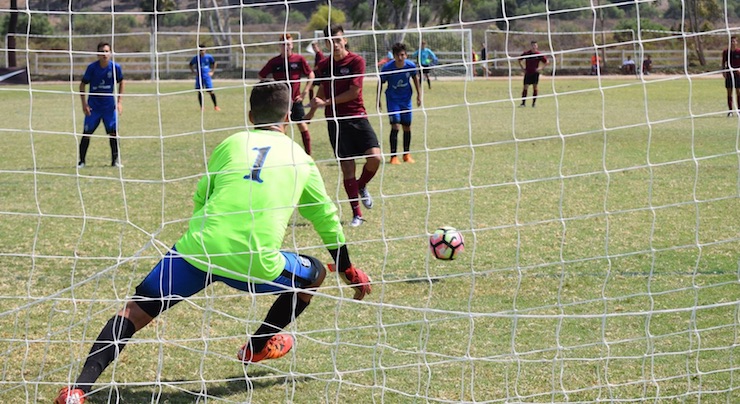
Sleep studies on athletes have shown that a single “all-nighter” has decreased reaction times by up to 300%. With that in mind, imagine standing in front of a goal when the soccer ball comes flying at you!
Sleep to Recover:
- Increased Injury Rates.
While we sleep our bodies use this time to repair, regenerate and re-energize. After a long practice or game, when an athlete has fatigued their body and mind, sleep becomes crucial.
Muscle fatigue and breakdown, which occurs after strenuous activity, and needs adequate time to heal for the muscles to repair and regenerate before the next activity in order to refrain from injury.
A lack of sleep can also increase stress. Elevated levels of cortisol, a stress hormone, has also been shown to interfere negatively with tissue repair and growth.
Sleep deprivation can also lead to slowed down reaction times.
And, a slow reaction on the field can lead to injury in the form of a collision with another player or being hit by a ball you didn’t see coming your way.
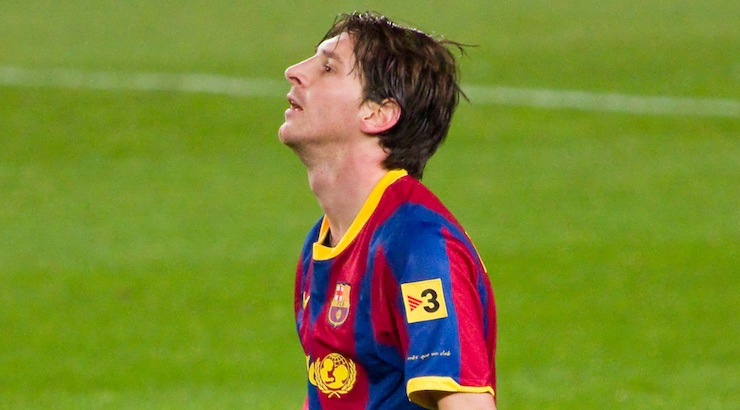
A lack of sleep can also increase stress. Elevated levels of cortisol, a stress hormone, has also been shown to interfere negatively with tissue repair and growth.
- Energy Storage.
Glucose and glycogen — stored glucose — are the main sources of energy for athletes. In a healthy athlete, glucose is stored in the muscle and is released as the body is put under physical stress. Those who are sleep deprived may experience lower energy storage levels, which is needed to perform at peak levels in endurance events like soccer.
Sleep impacts a soccer player’s performance:
With busy schedules, often sleep suffers and no one really thinks about the lack of sleep impacting peak performance. This a big mistake.
In today’s fast-paced world, sleep is thought of as a luxury as opposed to a necessity.
Sleep is not a luxury.
This way of thinking needs to change, especially in the athletic population if a peak performance is expected out of the body every time it touches the soccer field.
Recommendations:
What are the recommended hours of sleep for youth and adult athletes/soccer players?
This is a hard question to answer because like with most things in the human body, the number of hours of sleep needed is individually based, especially when we are talking about athletes.
Sleep experts for many years have recommended 9-10 hours of sleep for the average adolescent or teen and 7-9 hours for the average adult, but those hours may need to be increased for the athletic population.
Heightened physical demands are placed on an athlete’s body due to increased energy expenditures and fatigue of muscles following a workout and the proper sleep allotment will allow the body the time it needs to recover and re-energize.
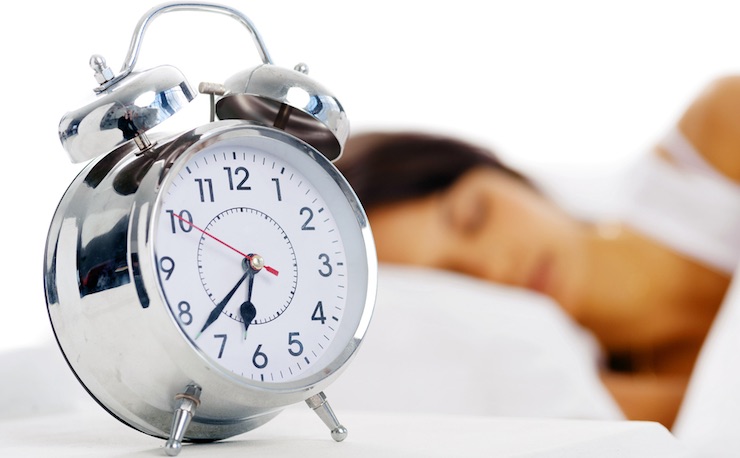
How would you know if you are sleep deprived?
Here is a simple way to see if you are giving your body the right amount of sleep time:
An easy way to estimate the number of hours of sleep needed can be determined by experimenting with your sleep schedule for a week or so. It can be assumed that you are getting the appropriate number of hours of sleep if you fall asleep gradually within 20 minutes of hitting the pillow and awake in the morning without the need for the snooze button or blaring alarm.
On the opposite side of the spectrum, if you are finding yourself asleep before you even hit the pillow, yawning throughout the day and need to hit the snooze button three times or sleep through your alarm, you are not getting enough sleep.
Sleep is when our bodies and mind take the time to rest and recover.
Muscular fatigue is repaired and cells are regenerated when we sleep.
Our immune systems are strengthened and our body and brains are re-energized to prepare for the next day’s events.
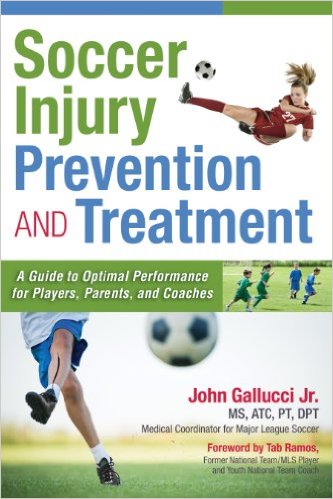
RELATED ARTICLES: JOHN GALLUCCI JR.
Ronaldo Photo Credit: Marcos Mesa Sam Wordley / Shutterstock.com
Michael Phelps Photo Credit: Mitch Gunn / Shutterstock.com
This article was previously published on SoccerToday





